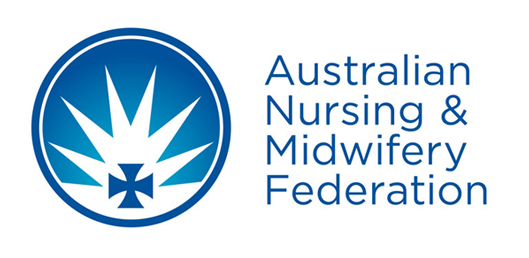The media and victim blaming
The day Luke was murdered I crashed in my bedroom and woke the next day to people discussing that there was media outside and I should be protected from them.
As I’ve always been independent, you would be right in assuming that I didn’t like that one bit.
I was initially going to tell them to go away, but soon realised the opportunity I had to name family violence, highlight its prevalence and tell the nation that something must be done.
At the time I didn’t think I’d said anything unusual, I was more worried that I had embarrassed myself and my friends and family by proxy.
Journalists were shocked by-in-large that I was so unequivocal about framing Luke’s murder in the context of family violence. Everyone expected me to play the crying victim.
We tend to focus, sometimes in a sensationalistic way, on the details of individual acts of violence, without joining the dots to a culture of gender based violence.
My experience with the media has been largely positive, I must give credit where credit is due. There is a lot we can and should celebrate. Unfortunately though, it hasn’t been all good.
We have work to do if we are going to tackle the attitudes and beliefs that give rise to violence such as:
She was drunk.
She was wearing headphones.
Why didn’t she just leave?
She must have provoked him.
Why didn’t she take her children out of such a violent situation?
These are just some of the assertions that blame survivors for the violence inflicted upon them.
Geoff Hunt, who murdered his wife, Kim, and three children, Fletcher, Mia and Phoebe, in rural New South Wales last year and then committed suicide was overwhelmingly sympathised with in articles that followed.
They emphasised the perceived “burden” of looking after his wife following a serious brain injury from a car accident and gave weight to quotes which described him as a “nice man” who “loved his family”.
News flash – nice men who love their family don’t control or murder them.
I’ve also seen atrocious headlines that openly disrespect victims, ‘Monster Chef and the She-Male’ and ‘Bride and Seek’ spring to mind. This is frustrating for everyone, particularly survivors.
The other thing I have noticed, is that many panels on the TV or radio lack family violence experts, and therefore merely produce ill-informed triviality.
The media have an important role to play in helping shape attitudes, perceptions and knowledge that give rise to a culture of silence or minimise violence against women and their children.
I challenge every single media outlet to include links to services such as 1800 RESPECT so that women reading know where to get help.
With small changes such as these, the media has the power to help many women and their children get much needed support and assistance, and to ensure that their stories aren’t lost.
Australia is full of wonderful journalists, many of whom I’ve had the pleasure of working with.
Overall, improved media reporting can deepen the understanding of what is driving this violence and what it takes to prevent it. And we can prevent it.
**This is an edited transcript of Rosie’s address to the National Press Club on 3rd June** http://www.ourwatch.org.au/News-media-(1)/News-Media/Rosie-Batty-s-address-to-the-National-Press-Club








Leave a Reply
Want to join the discussion?Feel free to contribute!